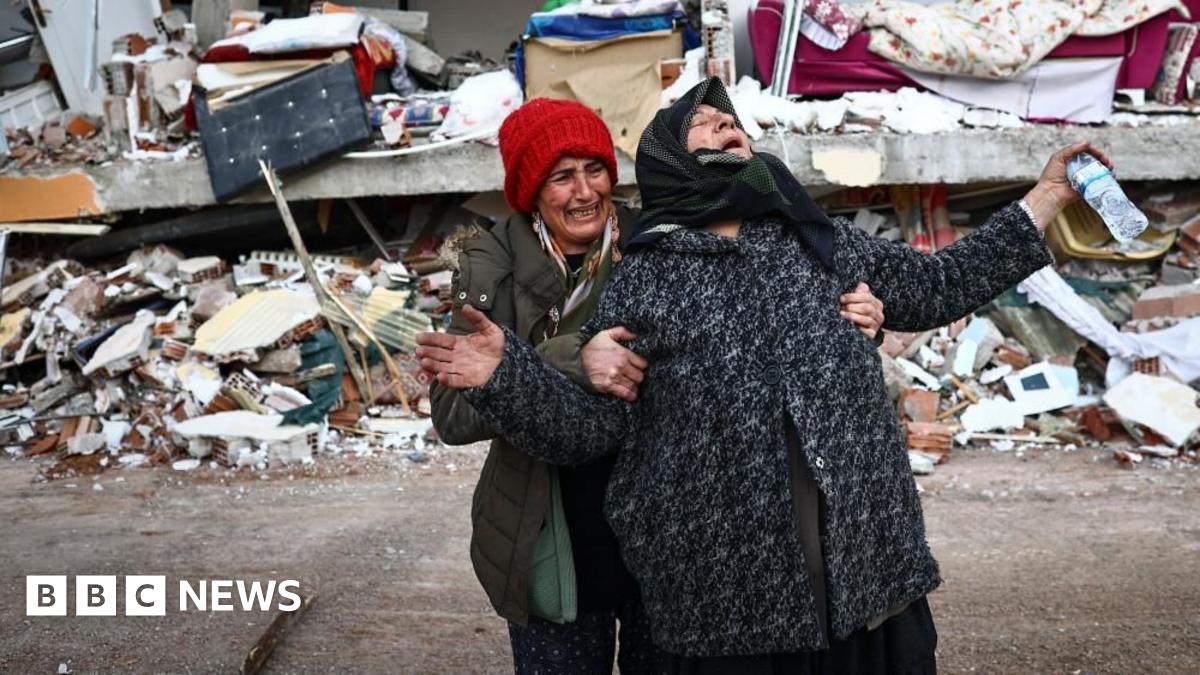Google admits it failed to warn 10 million of Turkey earthquake
Google researchers have written in the Science journal details of what went wrong, citing “limitations to the detection algorithms”.
For the first earthquake, the system estimated the shaking at between 4.5 and 4.9 on the moment magnitude scale (MMS) when it was actually a 7.8.
A second large earthquake later that day was also underestimated, with the system this time sending Take Action alerts to 8,158 phones and Be Aware alerts to just under 4 million users.
After the earthquake Google’s researchers changed the algorithm, and simulated the first earthquake again.
This time, the system generated 10 million Take Action alerts to those at most risk – and a further 67 million Be Aware alerts to those living further away from the epicentre
“Every earthquake early warning system grapples with the same challenge – tuning algorithms for large magnitude events,” Google told the BBC.
But Elizabeth Reddy, Assistant Professor at Colorado School of Mines says it is concerning it took more than two years to get this information.
“I’m really frustrated that it took so long,” she said
“We’re not talking about a little event – people died – and we didn’t see a performance of this warning in the way we would like.”
Google says the system is supposed to be supplementary and is not a replacement for national systems.
However some scientists worry countries are placing too much faith in tech that has not been fully tested.
“I think being very transparent about how well it works is absolutely critical,” Harold Tobin, Director of the Pacific Northwest Seismic Network, told the BBC.
“Would some places make the calculation that Google’s doing it, so we don’t have to?”
Google researchers say post-event analysis has better improved the system – and AEA has pushed out alerts in 98 countries.
The BBC has asked Google how AEA performed during the 2025 earthquake in Myanmar, but has yet to receive a response.




